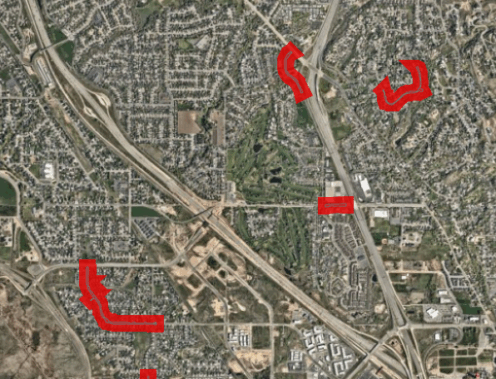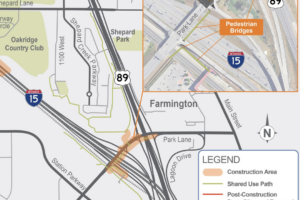The Fire Marshal’s office oversees plan reviews, business license/inspections, permits, and public education
James Weston – Fire Marshal – Jweston@farmington.Utah.gov 801-939-9227
Preparedness Resources
Farmington City Fire Department
82 North 100 East
Farmington, Utah 84025
Non-Emergency Phone: (801) 451-2842
Office Hours
Monday – Thursday: 8:00 am – 5:00 pm
Closed Fridays








